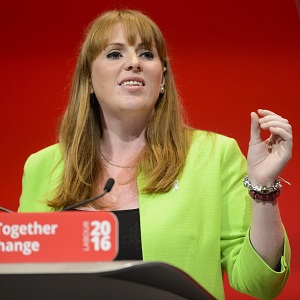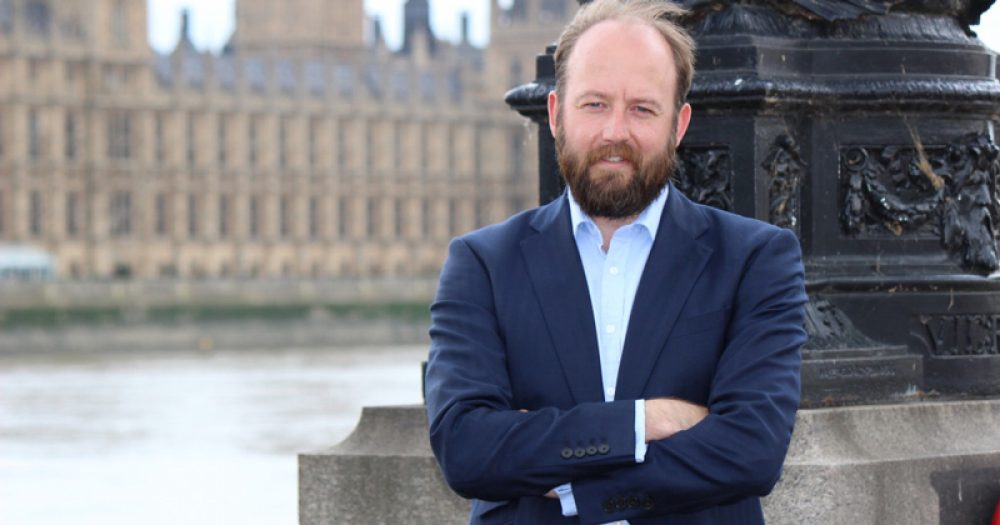Ministers are considering a new “national selection test” to replace the 11-plus, with a ‘selective education team’ led by Nick Timothy established to drive through grammar proposals.
Minutes of a meeting between ministers and the Grammar School Heads’ Association (GSHA) also reveal that the government expects new grammar schools to recruit the top 10 per cent of pupils.
Education secretary Justine Greening also apparently told heads the response to a consultation on plans to expand selection in England was not “an overwhelming flood of negativity”.
It’s unbelievable that the grammar school heads have been given the inside track on the government’s plans
The details emerged after the GSHA released a list of “key points” from meetings held with ministers “just after the consultation closed”.
The meetings also included representatives from the Department for Education’s selective education team – led by Timothy, the former New Schools Network boss who is now prime minister Theresa May’s chief of staff.
According to the organisation, the government will continue to work to develop “coaching-resistant tests”, and is considering a national selection test to tackle ‘test tourism’, a problem with parents entering their children for tests in neighbouring areas because they are considered easier.
The government claims it is still analysing responses to its consultation on proposals for the first new grammar schools in England for decades, which only closed in mid-December.
But the new revelations have prompted criticism from Angela Rayner, the shadow education secretary, who said it was “unbelievable” that grammar school heads “have been given the inside track on the government’s plans, while our state schools and academies are left out in the cold”.
During the meetings, Greening reportedly told heads that the response to the consultation on increasing selection in England had not been “an overwhelming flood of negativity”.
The association also claims that ministers and officials expressed a view that there are a lot of people who are “philosophically opposed to selection” who “keep saying it damages the education of other pupils but present little or no evidence to support this claim”.
This assertion comes despite analysis of the government’s own figures which shows that the education of young people in non-selective schools can suffer in selective areas.

According to the GSHA, ministers reportedly still want to see pupils from the top 25 per cent of achievers attend comprehensive schools, but expect new selective schools to have a “narrower ability range” – closer to 10 per cent.
Rayner added: “The Tories appear to be now shifting away from arguing that grammar schools increase social mobility, having produced no evidence for it and having completely lost the argument.”
She said most teachers would be “appalled” that the government can “throw £150 million” at grammar schools “which will ignore the needs of all but a tiny minority of pupils”.
“The plans for yet more tests will appall everyone in the education world,” she added.
The government has also recognised that entry to grammar schools at 14 is “problematic and likely to destabilise schools”, the GSHA said.
Heads expect that in the short-term, new selective places will be provided either within multi-academy trusts, or by “onsite and annex expansion of existing selective schools”, a procedure which proved controversial when it was given the go-ahead at the Weald of Kent grammar school.
The GSHA is encouraging its members to bid for some of the £50 million annual funding allocated by the prime minister Theresa May last year for expansion of selective schools, and says it expects the first new grammar free schools to open in September 2020.







Perhaps ministers, members of the Grammar School Heads Association, supporters of the 11+ and Nick Timothy should read PISA 2015 Results (Volume 2 p233). PISA found ‘in countries where students are sorted into tracks at an early age (early tracking), the socio-economic status of students has a greater impact on students’ scores in science compared with countries where tracking is delayed to a later age.’
In other words, the earlier selection began, the greater the effect of pupils’ economic and social background on their performance.
PISA recommended delaying selection.
I suspect that’s one PISA nugget that Nick Gibb won’t include in his next speech.
Alternative facts rule: “not an overwhelming flood of negativity” means one respondent out of 100 didn’t say these plans are insane, presumably. Which equates to an overwhelming flood of equine ordure.
The new grammars would be super-selective, taking only the top 90%. Instead of proposing to cream off a tiny proportion of children to attend ‘elite’ schools at eleven, a Government truly committed to all children would follow PISA’s advice: countries should ‘strive to have excellent schools in every neighbourhood and make them accessible to all students’.
More info here: http://www.localschoolsnetwork.org.uk/2017/02/forget-the-top-25-new-grammars-will-be-for-the-top-10-only
Sorry, that should be taking only the top 10%. They would reject 90%. I did pass O level maths – but that was some time ago.
Please can we have a timed editing button.